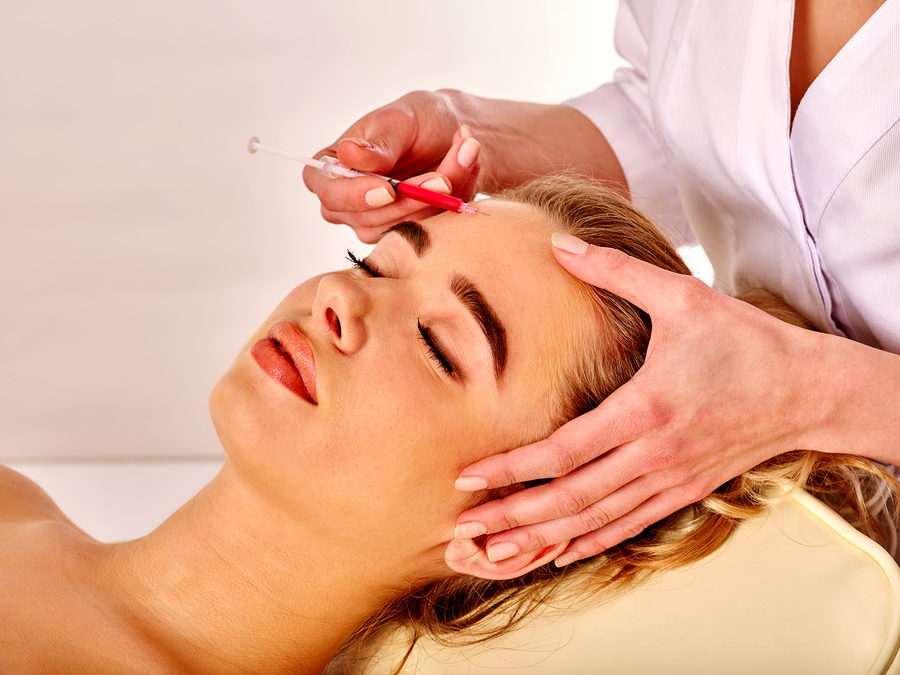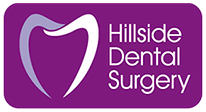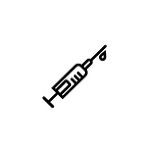 Dermal Fillers
Dermal Fillers
As we get older our bodies stop producing collagen and elastin, both of which contribute to the younger look. With Dermal Fillers, they offer you a quick fix to achieving a more youthful appearance. Dermal fillers are small injections of gel, typically made up of hyaluronic acid, that fills in wrinkles and adds volume to soft tissue. You can have dermal fillers in different parts of your face: around the eyes and cheeks. Fillers help to restore lost volume to your face and plump areas so that deep-set lines are smoothed.
The effects of dermal fillers can last for up to 18 months but this will vary from person to person. It depends on their skin, the area treated and the amount and type of fillers used. The results will gradually fade over time until your skin returns to its previous state. You can choose to have ‘touch up’ procedures to maintain the look created by dermal fillers.
Note: We offer assessment and Referral to Mount Vernon Dental Specialists https://www.mvdentalspecialists.co.uk/

 Emergency Service
Emergency Service

At Hillside Dental Surgery, we are here to help in a dental emergency.
Dental emergencies can be extremely stressful and cause a lot of pain. If you do have one, you should call your dental surgery and make an appointment to see your dentist as soon as possible. If you’re away from home or can’t get to your registered dentist, follow our guide to what to do in a dental emergency.
If you wish to be seen on the NHS for a dental emergency after surgery hours, please contact NHS Dental Nurse Triage by dialling 111. That service is accessible up to 10 PM and you should call by 09 PM.
Our private dental emergency Hotline is 07895257566.
- This call will normally be answered by one of our 24-hour emergency dentists.
- We have good links with Ghauri Clinic emergency services around London.
- Patients can also use our email address and will get a response out of hours.
- The response will outline the steps to take to ensure attention to their emergency.
- Using social media we can now assess patients digitally and offer relevant.
Addressing tobacco use as a risk factor:
Tobacco is the major modifiable risk factor for mouth cancer and smokers who also drink alcohol are at much higher risk. These people are a priority for prevention of mouth cancer and any interventions by the dental team will also contribute to their patients’ general health improvement.
Very brief advice for those who smoke or use tobacco involves the 3 As: Ask, Advise, Act.
Ask:
All patients (adolescents and adults) should have their smoking status (current smoker, ex-smoker, never smoked) established at the beginning of a course of dental care, recorded, and checked at every opportunity. This is part of a normal medical history in a dental setting and should be explored during the consultation:
‘Do you smoke?’
‘Do you use tobacco products? e.g. snuff, paan, chewing tobacco, shisha’
The member of the dental team who elicits this information should ensure this information is recorded in the patient’s clinical notes.
Advise:
Advice involves making a simple statement such as:
‘The best way to stop smoking is with a combination of behavioural support and stop smoking aids, which can significantly increase the chance of stopping’.
Evidence of what works best is shown in the infographic below produced by Public Health England. This health improvement work is now carried out by the new Office of Health Improvement and Disparities.
Act:
For people who wish to stop, refer them to specialist support services where these are available. If these are not available, it is important to actively refer (not signpost) patients to their GP or pharmacist:
‘Would you like me to refer you for specialist stop-smoking advice and support?’
For those who are not ready to stop, affirm that this opportunity will remain open to them with:
‘That is fine, but help is available. Let me know if you change your mind’.
A summary of this smoking pathway may be a useful reminder of the 3 As for the dental team.
Training for the dental team
The National Centre for Smoking Cessation and Training (NCSCT) has online training to support delivery of very brief advice in the form of ASK, ADVISE, ACT designed to be used opportunistically in less than a minute in almost any consultation with a smoker. All dental team members can undertake the NCSCT training as part of regular continuing professional development. Use of the evidence-informed pathway will increase the chance of a successful quit attempt. It just takes 30 seconds and can give patients the motivation to gain professional help which will increase their chances of quitting.
It’s important that all members of a dental team are aware of the stop smoking support services offered locally and how these operate. Arranging a meeting with a representative of a local provider could provide a useful opportunity for dental teams to learn about the service offer and the best ways of referring dental patients.
In addition, e-learning for healthcare has training resources for the delivery of brief advice in your everyday practice regarding both tobacco and alcohol use.
Identification and brief advice on alcohol
A significant proportion of the generally healthy population visit a dentist on a regular basis. There is evidence that identifying patients’ alcohol health risk and sharing this with them along with some advice on cutting down, is effective in reducing alcohol consumption.
Asking patients about their alcohol consumption
The AUDIT (Alcohol Use Disorders Identification Test for Consumption) screening tool was originally developed by the World Health Organization as a simple method of screening for excessive drinking and to assist in brief assessment. Its shortened form, AUDIT-C, includes three questions and is now widely used as a screening tool and is shown below. It is also available as a patient scratch card. There is evidence that this brief alcohol screening tool can be successfully used in general dental practice to identify patients at risk of harm from excessive alcohol consumption.
NOTE: Copy From NHS England News Letter
Note: We offer assessment and Referral to Mount Vernon Dental Specialists https://www.mvdentalspecialists.co.uk/
 Dental Laboratory
Dental Laboratory

At Hillside Dental Surgery we aim to provide faster, more convenient dentistry to suit you. This is why we have an on-site dental laboratory, staffed by experienced and highly trained professionals dedicated to serving our clientele. This means that we can offer you the same day denture repairs service on a private basis.
Note: We offer assessment and Referral to Mount Vernon Dental Specialists https://www.mvdentalspecialists.co.uk/

 Dermal Fillers
Dermal Fillers Emergency Service
Emergency Service

 Dental Laboratory
Dental Laboratory